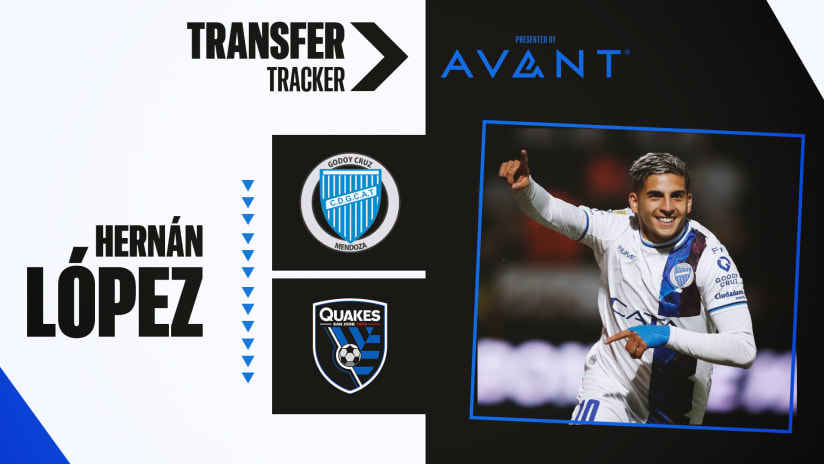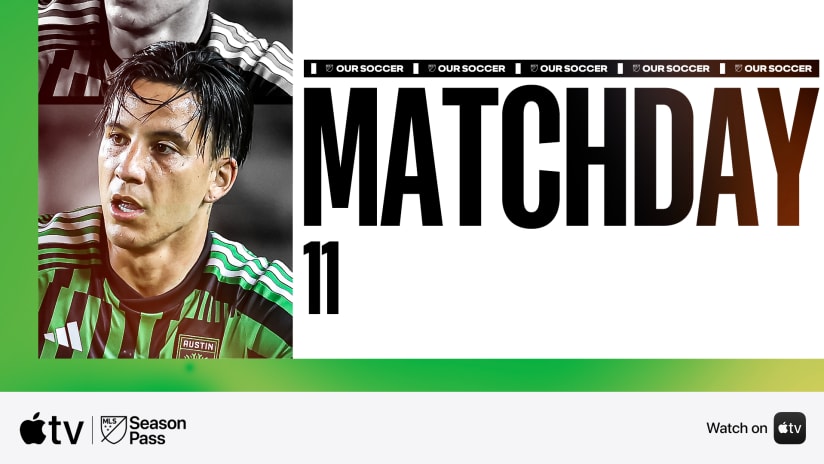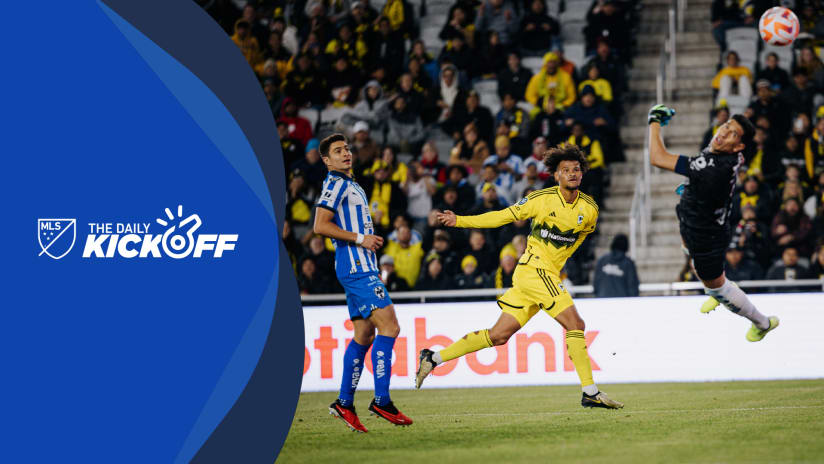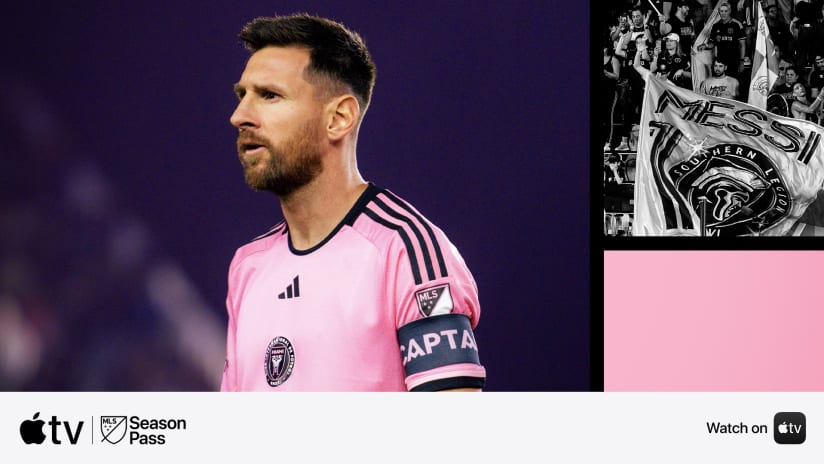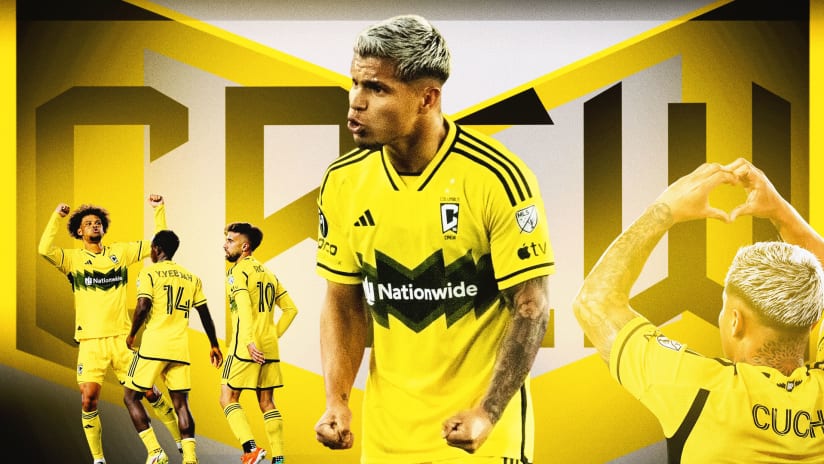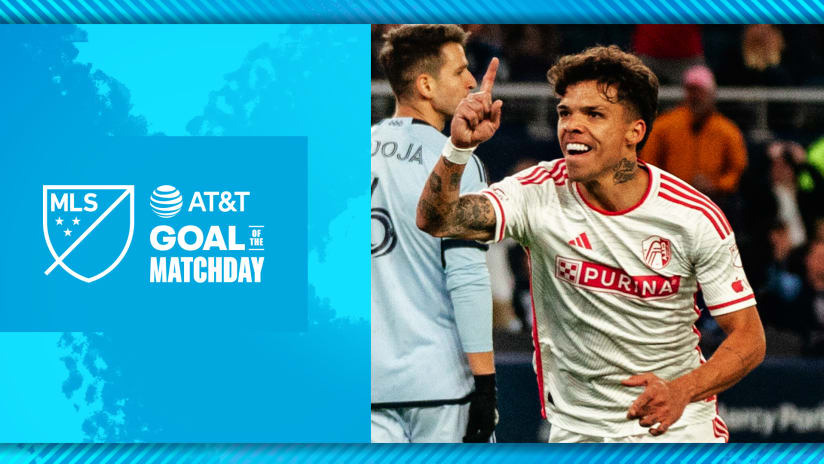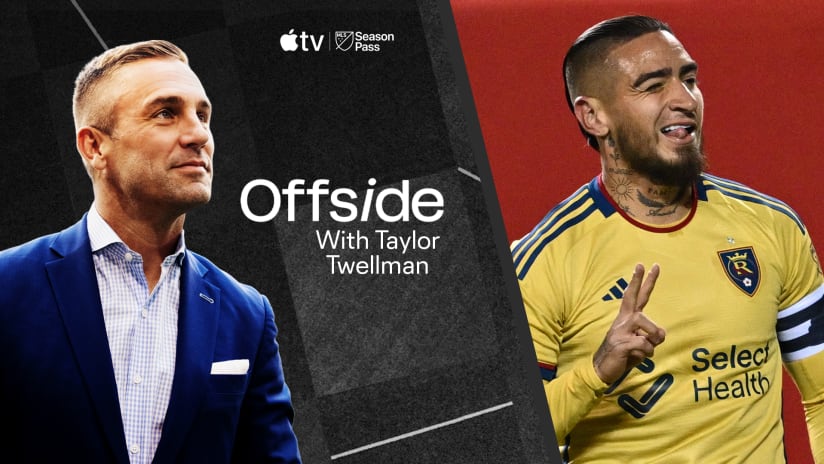to the opponent, his coach, even his own players during a game. This helps look at the psychological makeup of a team.
When I was with the Galaxy, I used a system called Mambo during the season. A DVD is prepared by a company in the Bay Area and sent to the team by Tuesday morning. You can ask almost any question. For example: How many times did Cobi Jones pass the ball to Carlos Ruiz? The DVD does a search and within seconds you can see all the passes that were made in a highlight-type format. Let's say I want to see all our shots on goal. You think of it, you can ask it, and you will get a collection of scenes that shows this. I used this mainly for our team, but you can also have the opponent analyzed. (In a future article I will talk about self-scouting and where I think it fits in to team preparation.)
When looking at the opponent, I am first looking for tendencies. Every team has a preferred way to play. Some follow this more diligently than others, but every team has certain tendencies. Next I look for key players. Who are the guys who impact things, make plays and create the moments that decide games? You look at team formation, free kicks (both attacking and defending), and when are they most comfortable or vulnerable. Who is available -- injuries, national team call-ups or suspensions -- all affect this. I remember once before a game a coach wondering where a certain player was. He asked me and I told him he was out with a yellow-card suspension. He had no idea and I know his team preparation included plans to stop this player. The key is to gather all the information.
Every team has a comfort zone and a preferred way to play. I felt if I could force this team out of that "comfort zone," then while they were adjusting we would get an advantage. Three or four years back, Chicago was a very good team -- but also a very left-sided team with Peter Nowak, Lubos Kubik, Ante Razov and Diego Guiterrez. With the Galaxy I always tried to force them to build up the game on their right side. It worked more times than not. Good teams always adjust, but it is in that period of adjustment you can create the chances and score the goals you need.
Key players need to be contained. Some coaches like to go man-to-man in their marking. Other coaches do not want to change their way of playing for any opponent. Still others will play a zone against the key player and put pressure on him immediately.
I have used all three. The one I like best is to use a couple of different players for the task. For example, I would make two or three players aware that when Preki gets the ball, that the nearest of these quickly closes him down and forces him to lay off the ball. You stop key players by making them give up the ball or forcing them into spaces on the field that are not dangerous. You stop good forwards more effectively by cutting out the service. Once they have the ball it takes a lot of good individual defending.
A coach needs to make his team aware of the opponent's free kicks -- what to look for; how to get an edge when you have a chance. I like to give the team its assignments and posted this paper on the wall in the locker room before the game. Everyone could look at this and know what his offensive and defensive jobs were on free kicks. However, once the game starts you always have some players who seem to get amnesia. That is why I always put an individual in charge to help get out the cobwebs in those memory cells.
Showing the team a short video of the opponent is good before the game. I usually watched the opponent with the team on Friday. We talked about it much earlier, but watched on Friday. The viewing session should last between 10-20 minutes and in some cases that becomes too long. Most players want to play -- some will want to watch tape, but not all. There are even players who will tape games themselves or borrow tapes to watch themselves or the upcoming opponents. This self-study is commendable.
The key at the end is to know everything but know nothing at the same time. Bora told me this. But what does it mean?
You, as a coach, need to be prepared for everything. However, never lose sight that the most important element to success is how you play as a team. You do not want your team to feel you are overly concerned about the opponent. They will view this as a lack of confidence by you in your own team. I always want my team to know that preparing for an opponent allows us to better use our strengths. That's the most important element of all: Using our strengths in the best way possible to win.
Also, I need to clean something up from last week: As many e-mails pointed out, I forgot to list a significant new addition last week. The trade of Richard Mulrooney to Dallas is a big addition. Mulrooney is a veteran who can control the midfield; he works hard, tackles well and is an outstanding server of the ball. He and Simo Valakari could come close to mimicking what Mulrooney and Ronnie Ekelund did during their best days at San Jose. This definitely makes Dallas stronger. I apologize for my oversight. So, stop those e-mails -- my amnesia was only temporary.
Sigi Schmid is one of the winningest coaches in MLS history, having led the Los Angeles Galaxy to four honors in his five-plus years at the helm, including the 2002 MLS Cup championship. Send comments to Sigi at sigischmid@hotmail.com. Views and opinions expressed in this column views and opinions are the author's, and not necessarily those of Major League Soccer or its clubs.


